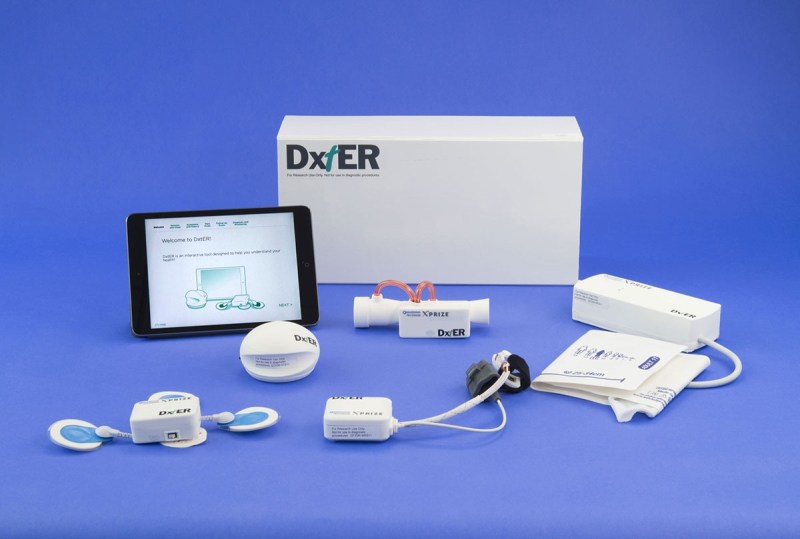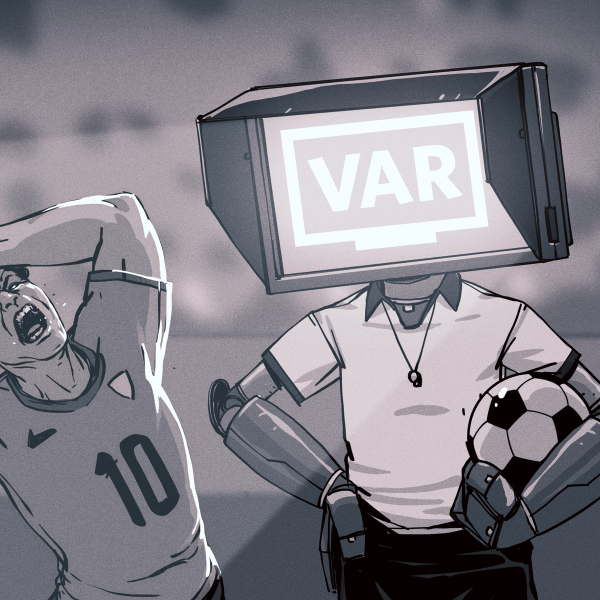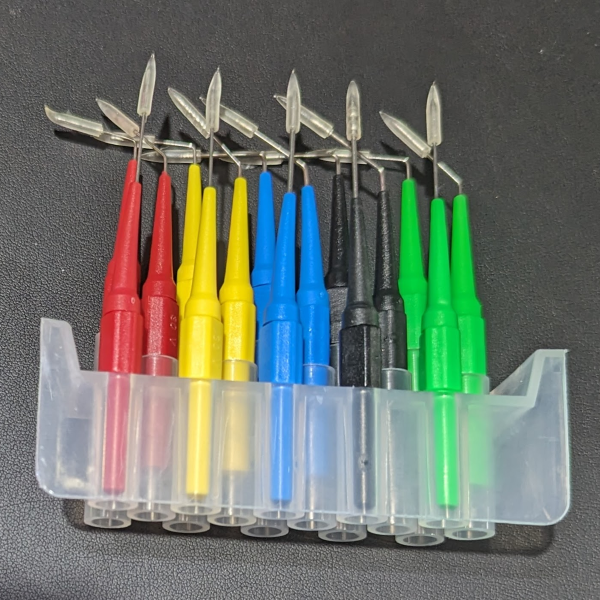Machine learning and automated technologies are poised to disrupt employment in many industries — looking at you autonomous vehicles — and medicine is not immune to this encroachment. The Qualcomm Tricorder competition run by the X-Prize foundation has just wrapped, naming [Final Frontier Medical Devices]’s DxtER the closest thing available to Star Trek’s illustrious medical tricorder which is an oft referenced benchmark for diagnostic automation.
The competition’s objective was for teams to develop a handheld, non-invasive device that could diagnose 12 diseases and an all-clear result in 24 hours or less without any assistance. [Dynamical Biomarkers Group] took second place prize worth $1 million, with [Final Frontier Medical devices] — a company run by two brothers and mostly financed by themselves and their siblings — snagging the top prize of $2.5 million. DxtER comes equipped with a suite of sensors to monitor your vitals and body chemistry, and is actually able to diagnose 34 conditions well in advance of the time limit by monitoring vital signs and comparing them to a wealth of medical databases and encyclopediae. The future, as they say, is now.
We’ve previously featured Tricorders many times on Hackaday. The Open Source Science Tricorder took 4th Place in the 2014 Hackaday Prize. And we’ve long been intrigued by the Berkely Tricorder. Keep up the great work, everyone!
[Thanks for the tip, Keith!]

















Star Trek has inspired a lot of people. Terminator, not so much.
Oh c’mon SkyNet has been inspiring authoritarians in UIS government for decades! Practically afund raising video fro DARPA!!
http://i2.kym-cdn.com/entries/icons/facebook/000/009/832/dafuq-did-i-just-read-meme.jpg
… and Meshblu
https://github.com/octoblu/meshblu/commit/55a8466e4c39cbbe51e9f15f1cf57a7f87aadcdf
(And yes, I’ve used meshblu… we’re slowly phasing this out in favour of a solution built on AMQP.)
lol
Okay, how much of the device is tied to “consumables”?
You know those _EXPENSIVE, PROPRIETARY_ pulse-ox, ECG/EEG, blood sampling, and other sensors without which a medical device company would not exist…
Save your disdain for the pharmaceutical industry.
Without those consumables, medical device companies would not have the funds to invest in R&D to develop new technologies to make doctors work easier, more effective, and safer for the patient. Not to mention, the burden of proof to get your medical device approved for sale by the FDA is INSANE. It takes dozens of engineers and MILLIONS of dollars to get a new, potentially life saving device on to the market.
Who do you think funds medical device R&D?!
“Who do you think funds medical device R&D?!”
Everybody who sets foot into a medical facility seeking care, (except the indigent, everybody else pays for them.)
[I once shared very similar views on this matter.]
That’s a vast oversimplification. It’s the private sector, not the government, or the opensource community that refines these technologies to practice, and brings them to the masses. You can hate those “EXPENSIVE, PROPRIETARY” devices all you like, but the reality is that the sale of those consumables are funding the development of cutting edge technologies that will hit the market in the next several years. The new technologies being developed are nothing short of magical.
The medical device manufacturer is not the bad guy here, it’s among the most heavily regulated industries out there, and for good reason. They invest the millions of dollars to develop the device, the manufacturing system and the quality system to ensure patients are not harmed by faulty devices. Concerned about why medical devices cost so much to develop and manufacture? Do some research on the Safe Medical Device Act and the Pure Food and Drug Act.
Why is it wrong to profit off your work so you can invest in R&D?!
Nothing’s wrong with profiting off of hard work but there is with egregious profiting off the suffering of others. A look at the prices charged by doctors in foreign countries, many of whom are educated in the US, might be useful. For example, in one of the most advanced countries of the world (assuming you have that country’s standard 70%-30% government issued health insurance): a sonogram costs $14, an EEG $10 and an oral endoscope about $50 (with anesthesia). Most drugs cost between $5 and $100 for a 30 day supply. Consultations and out-patient treatments seldom cost more than $10 per session no matter what the specialty. Without the standard insurance you pay 100% instead of 30%. Non-cancerous dermatology/plastic surgery (not covered by insurance) costs about $200 for things like facial spot removal, more for things like lifts and feature shaping. Major procedures like abdominal surgery with a one-week stay in a private recovery room might cost you, without insurance, about $15,000, $4,500 with it. What’s the country? Japan. Same equipment, same skills, often the same drugs (including well-proven Chinese medicines with fewer side-effects) but with MUCH lower prices to the patient. You do have to be a registered alien and have a regular income but even the full uninsured prices are enviously low by Western standards. Stick to the big university hospitals and you’ll get the best care in the world. So why are Western prices 100 times or more higher? Greed. The money must first pay the stock holders, then the multi-million-dollar salaries of health-industry CEOs – including insurance and pharmaceutical execs, then all the lawyers working the malpractice lawsuits, then the doctors’ salaries before the remainder can be used for facilities, supplies, overhead and R&D. Facilities often must be paid for by charities and foundations because hospital managers can’t pay their bills and put money into risky ventures like new hospital wings at the same time. Here’s a tip no one likes to think about in the West: Lower your CEO salaries to much more acceptable international standards and you’ll have plenty of money for R&D.
A friend worked for a company that developed a pulse-ox consumable that could attach not only to their hardware, but that of their competitors. They were sued to keep them from marketing it.
I’ve seen a fair amount of information on this, and I still can’t figure out what it is and why it should win a prize. It looks like it just lashed together a bunch of sensors that already existed. I guess it must have something to do with the “AI”.
DxtER? At first glance that name looked like Dexter, the show about a forensic serial killer. Or is that just me?
Damn it, Jim…